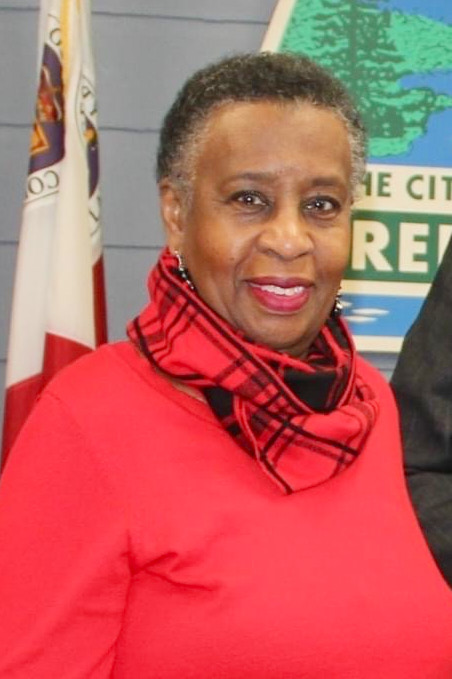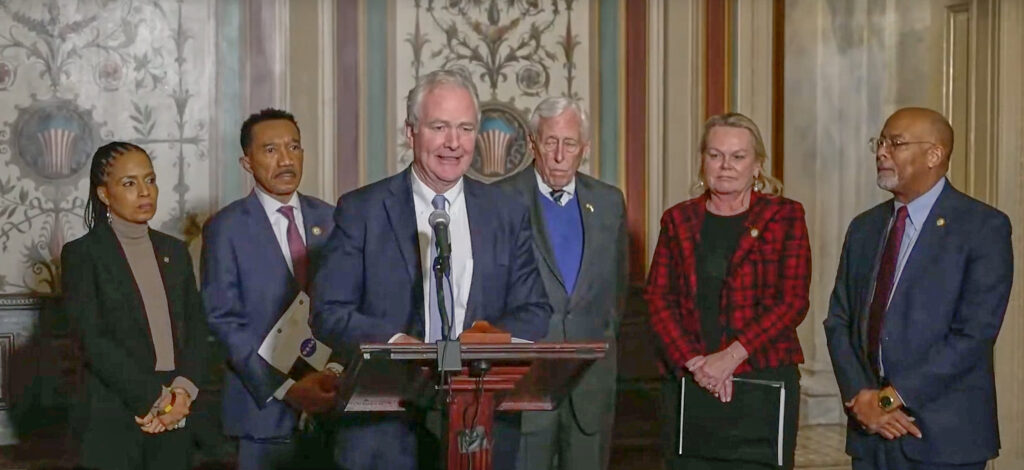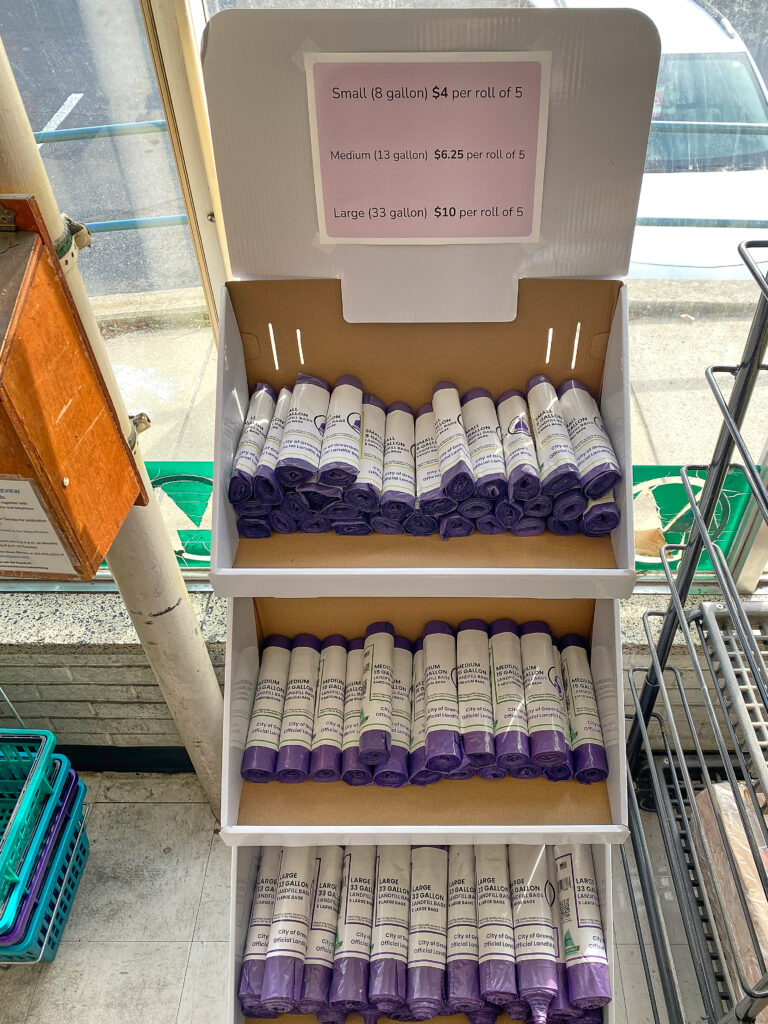To learn about Lois Blades Rosado is to be amazed by her many contributions and accomplishments on behalf of the citizens of Greenbelt. To talk to Rosado is to learn quickly of her genuine humility; when approached about this article for the News Review, Rosado initially demurred and offered the name of a woman she felt deserved recognition more than she did. Throughout our conversation, she was quick to give credit and gratitude to others. Rosado and her spouse retired and moved from New York City to Greenbelt just before New Year’s Day in 2010, to be near two of their three daughters. Rosado quickly engaged with her new town.
Brought up in a Brooklyn brownstone by Barbadian parents who were “always involved with community activities,” Rosado was instilled with their values of community involvement and working for the betterment of others. “You learn by seeing,” she said, “you learn by doing. You learn the only people who are going to protect your community is you.”
Rosado was inspired to join Greenbelt’s 75th Anniversary Committee in 2012 by John Henry Jones. Through her work on that initiative, Rosado connected with Barbara Havekost, who she credits with helping her connect to civic activities in Greenbelt. “Doors were opened for me in Greenbelt by Barbara,” she said. Havekost invited Rosado to join the Greenbelt Community Foundation, among other initiatives, where Rosado served for four years.
When she relocated to Greenbelt at age 65, she knew if she “was going to engage in the community (she) had to learn its history.” Having lived in a Black community with Black representation, where her neighborhood was the proverbial village that helped raise one another’s children, it was a shock to move to a new community where she and her husband knew no one other than their children. Learning Greenbelt’s history of segregation and its history as a sundown town were larger shocks. She has spent her life teaching and working with all sorts of different people from all walks of life, but moving to Greenbelt was the first time she felt like “‘a raisin in the sun’ as they say.”
Rosado once asked Mayor Emmett Jordan why the city didn’t do anything for Black History Month. Subsequently, on January 28, 2018, Jordan phoned her and asked how she felt about putting together something for Black History Month – February – of that year.
“We did it!” she said, honoring Chris Cherry for his contribution and the committee members of that first Black History Month: Leann Irwin, who served as co-chair with Rosado; Jordan; Robert Goldberg-Strassler; Carolyn Lambright-Davis; Carol Malveaux; Joe Parks; and Michael Hartmann. The celebration featured Dr. Alvin Thornton as a guest speaker, Dem Raider Boyz, a karate demonstration and a spoken word piece by Robin Gorsline.
The Black History Month program in Greenbelt continues on each year and in 2023 featured an art and cultural program titled Black Resistance and Resilience in the Diaspora.
Jordan described Rosado as “so passionate, a great communicator,” and noted some of her many accomplishments. “She worked at the Aquatic Center, she’s involved with Greenbelt Racial Equity Alliance, she serves on the board of directors at Charlestowne Village and she’s part of the Prince George’s County Lynching Memorial Project.”
In addition, Rosado is a member of Greenbelt Intergenerational Volunteer Exchange Service (GIVES), writes for the Greenbelt News Review, is a member of the Riverdale Historical Society and was recently appointed to the Greenbelt Reparations Commission.
Prior to retirement, she served as the assistant dean/executive director of the State University of New York/Brooklyn Education Opportunity Center for adult academic and workforce development. “Teaching, working with young people, that’s her passion,” Jordan said. Rosado has been recognized with numerous awards, including the Dr. Susan Smith McKinney Humanitarian Award (2005), Leadership in Education Award from Governor David A. Paterson and the West Indian American Day Association (2009), Proclamation for Service from the City of New York (2009), and was noted in the Congressional Record by Congressman Edolphus Towns in honor of her work with the Education Opportunity Center.
As a teacher, Rosado spent her career around “so many different kinds of people.” She said, “We are all human beings and we all come from different backgrounds and it’s a question of finding a common ground with someone else.”
Rosado has made an incredibly positive impact within the Greenbelt community since she moved here. She has built bridges through the many friendships she has developed, further strengthening the community and city in which she lives. She has brought to Greenbelt the continuation of her skills as a community service activist, volunteer and teaching professional that she honed while living in New York. She spoke fondly of those she has encountered over the years, both in Greenbelt and in New York, and talked about many of the students who were and continue to be dear to her. “I work with people as human beings and as individuals,” she said. “I don’t lump people together. If you lump people together you do a disservice to yourself and you do a disservice to others…. You need to have quiet conversations, not screaming, but quiet conversations because in those quiet conversations you learn you have more in common than not.”




